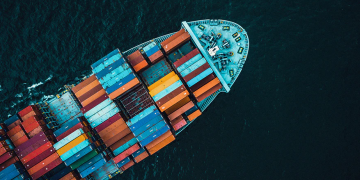Record levels of greenhouse gases were emitted into the earths atmosphere last year
The worlds drive to limit emissions and halt temperatures increases are likely to fail The bleak statistics, compiled by the International Energy Agency (IEA), will prompt fears the world's drive to limit emissions and halt temperatures increases are likely to fail.Despite a high level push by governments to limit global warming, unprecedented levels of carbon were released into the air over the past 12 months, the unpublished figures have disclosed.The IEA found a record 30.6 gigatons (Gt) of carbon dioxide gushed into the atmosphere, mainly from burning fossil fuel - a rise of 1.6Gt from the previous year.The agency has calculated that annual emission should not exceed 32Gt by 2020 if the world is to escape the most damaging effects of global warming.Experts said the figures, considered one of the most reliable measures of carbon emissions, showed that attempts to curb global warming were unlikely to succeed.Dr Fatih Birol, the IEA chief economist, said this also meant the goal of preventing temperatures rising more than 2C - considered the threshold for potentially "dangerous climate change" - was likely to be just "a nice Utopia".The disclosures come ahead of a key United Nations talks, involving officials from more than 180 governments, ...
Read more





















































